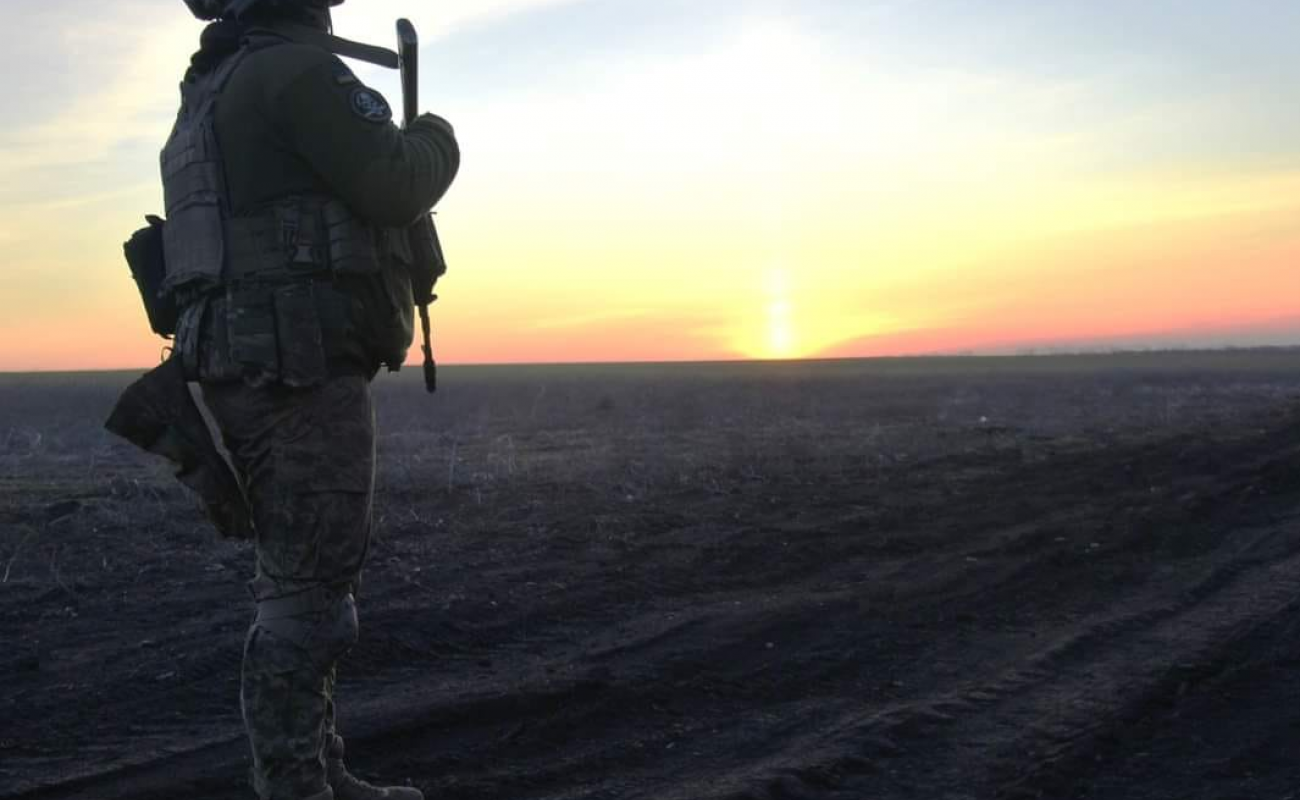The prospect of freezing the war?

This scenario still seems unacceptable to Ukrainian society and the Russian leadership. But America and Europe really need him
Describing the scenarios for 2024−2025. year, I noted that the inertial scenario (that is, the way and direction in which everything is moving now) is the worst-case scenario for Ukraine - a war of attrition with the loss of Western support and, as a result, a significant loss of resistance. But I didn't call it the most likely scenario. And this is a rather unusual case, because usually the inertial scenario is the most likely. But when there are powerful forces that try to overthrow the inertial scenario and move to a better one, then the inertial scenario loses its probability. That's exactly what we have now.
I called the second scenario the most likely scenario — the scenario of freezing the war, which last year seemed completely impossible. After all, both Ukrainian society and Vladimir Putin, who chose the first scenario of an all-out war, were against freezing the war.
Three months have passed and now the air is starting to smell of another scenario. It still seems unacceptable to Ukrainian society and the Russian leadership. But America and Europe really need him. European industry needs it to build defense capacities. European leaders need this to prepare their societies for change. US President Joe Biden needs him to go to the polls as a peacemaker. His opponent, Donald Trump, needs him to criticize Biden for his incompetence and to smooth over the failure created by the failed inter-party struggle. All Ukrainian politicians need it to hold elections and win (they all hope to win).
But neither of the two main opponents of this scenario can boast of an unshakable position. Ukrainian society as a whole has not come to terms with the categorical necessity of mobilization. Politicians are delaying the adoption of the law, and we do not see the frantic pressure of society to speed up this process. The people who are on the front are not eternal and they are not iron, but the voice of millions of their relatives is not heard in the background of a marathon.
Likewise, Putin, while continuing his aggressive rhetoric, is sending rather mixed signals. We do not know what is a cover and what is real, because we do not know the true state of the Russian economy. We do not know whether the Kremlin believes that time is working for their side or for Ukraine. We're not sure who the timing works for.
China is behind all this. Although he has a strategy of his own gain in all the options for continuing or ending the war, we do not know whether he considers the gains from an armistice to be greater. It is very likely that it is, because it has economic problems, the solution of which does not contribute to the war.
Let us recall that the scenario of freezing the war predicts the second phase of aggression in three-five-seven years, after the restoration of Russia's capabilities and its study of the mistakes of the first phase of the war. This means that the destructive impact of the second phase can be greater. For this, Russia and Ukraine must intensively prepare for this phase -- Ukraine with the help of the West, Russia with the help of China. But the success of Ukrainian preparations depends on the results of the elections — the victory of the modernizers and the accelerated modernization of the army and state institutions can prevent the second phase of the war, and the victory of the populists can lead to weak preparations and the loss of Ukrainian statehood, which is Putin's strategic goal.
Therefore, it is very likely that in the near future we will hear proposals on freezing, appeasement, truce, etc. from various sides.
This means that Ukrainian society urgently needs an open and honest dialogue on three key issues:
1. Is it acceptable to freeze in the conditions when, on the one hand, Ukraine lacks weapons, mobilization is slowing down, there is a chance to hold elections, and on the other hand, Russia will break the truce at any moment, and in the USA the authorities cannot be determined people to disarm Ukraine and Europe will questionable. In other words, for whom time works - for us or for the enemies.
2. If the answer to the first question is positive, which red lines cannot be crossed under any conditions? Obviously, the list of red lines includes inadmissibility:
— any "demilitarization", because it is an invitation to continue aggression;
— rejection of European and Euro-Atlantic integrations, because that would mean that 10 years have passed in vain;
— recognition of the change in the political status of the occupied territories, because it is a violation of the Constitution.
At the same time, some concessions will have to be made, and the red lines in society must be discussed at length and with quality.
3. If the answer to the first question is negative, what should we as a society do so that the rejection of negotiations and the continuation of the war does not turn into loss of life and ultimately defeat, but to lead us to victory.
And this public dialogue is worth starting with a discussion about what is victory and what is defeat. It is not a single piece of information, it is not a black and white picture: between victory and defeat lies a wide spectrum, including partial victories and defeats. What do the words we use every day mean? Do all layers of society understand them in the same way? Where is the line between acceptable and unacceptable?
This is what we will discuss in the near future.
